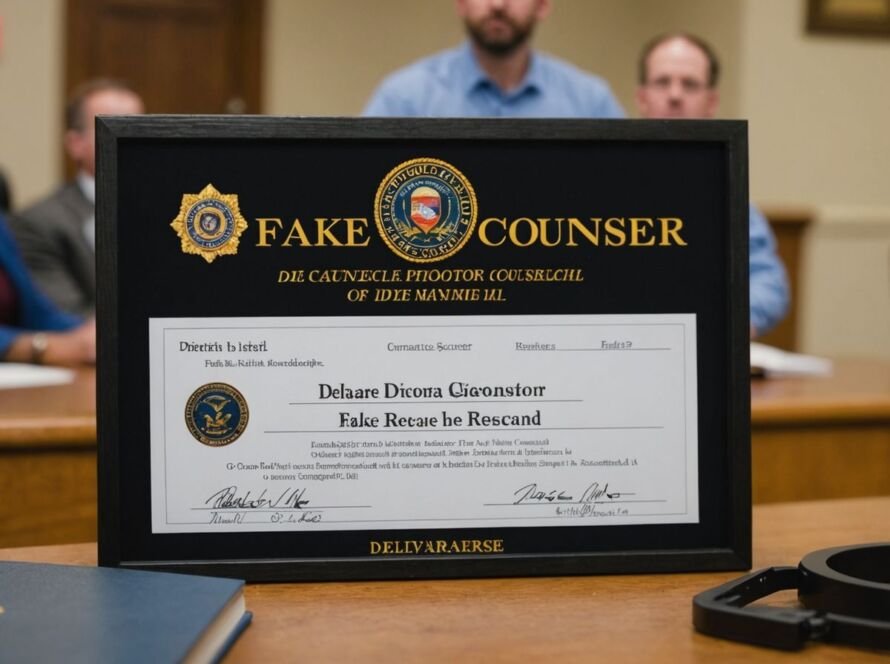Donald Trump recently survived an attempted assassination at a Pennsylvania campaign rally, walking away with minor injuries. However, the psychological impact of such an event could be far more significant, not just for Trump but for millions of others who experience non-fatal gun violence each year.
Key Takeaways
- Non-fatal gunshot wounds can lead to severe mental health issues, including PTSD, depression, and anxiety.
- Personality traits and social support play crucial roles in how individuals cope with trauma.
- The incident offers an opportunity to destigmatize mental health struggles and improve trauma-informed care.
The Immediate Psychological Impact
Surviving a gunshot wound can shatter one’s sense of safety and control. Victims often experience flashbacks, nightmares, and physical symptoms like palpitations and sweating. These symptoms are indicative of post-traumatic stress disorder (PTSD), a condition that can severely impact daily life.
Long-Term Effects and Personality Factors
The long-term psychological effects of being shot can vary widely. Extroverts may adapt better to stress, experiencing fewer PTSD symptoms. However, traits like low agreeableness, low conscientiousness, and high narcissism—often attributed to Trump—can exacerbate PTSD symptoms and lead to aggressive reactions.
The Role of Social Support
Social support is vital for recovery. Family, friends, and community can provide a sense of safety and belonging, helping victims make sense of their trauma. High levels of social support can significantly reduce the likelihood of developing PTSD and aid in recovery.
Post-Traumatic Growth
While many focus on the negative impacts of trauma, some individuals experience post-traumatic growth. They may develop greater empathy, stronger relationships, and a deeper sense of purpose. Former President Ronald Reagan, who was also shot, reportedly experienced such growth, which influenced his leadership.
A Broader Conversation on Trauma
This incident offers a unique opportunity to reignite conversations about trauma and mental health. Trump could play a pivotal role in destigmatizing mental health struggles, emphasizing that seeking help is a sign of strength, not weakness. He could also highlight that PTSD is not limited to combat or gun violence but affects many, including rape survivors.
Conclusion
As the world watches, the psychological impact of this event on Trump will unfold. Addressing the mental health effects of trauma is crucial, not just for Trump but for society as a whole. This incident could serve as a catalyst for positive change in how we understand and manage trauma.

